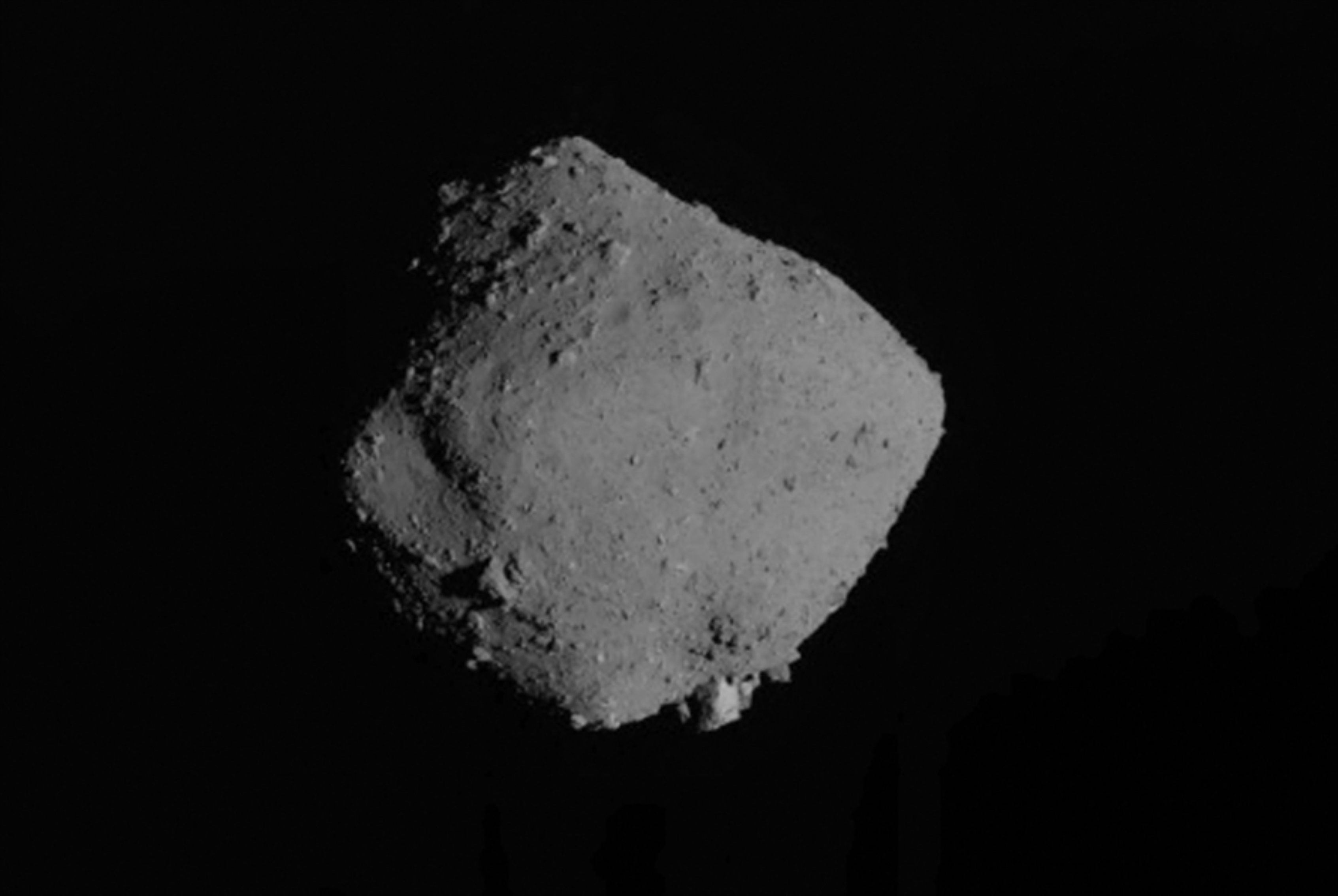Finding essential elements of life in samples taken from an asteroid

Amino acids, which are essential for life on Earth, were discovered in samples taken from an asteroid by a Japanese space probe in 2019, according to a Japanese scientific study published today.
This study, conducted by researchers under the supervision of Okayama University (western Japan), indicates that these amino acids and other organic materials from the asteroid Ryugu “could give clues to the origin of life on Earth.”
The study pointed out that "the discovery of amino acids capable of forming proteins is important, because Ryugu was not exposed to the Earth's biosphere, unlike meteorites," according to this study.
Therefore, "its discovery proves that some of these elementary elements for life on Earth could have formed in space environments," according to the same source.
The researchers said that they identified 23 different types of amino acids, in 5.4 grams of rock and black dust samples collected on the asteroid Ryugu, by the Japanese probe "Hayabusa 2," whose capsule returned to Earth at the end of 2020 with its precious cargo after a six-year mission.
The asteroid Ryugu (Dragon Palace in Japanese) was discovered in 1999, located more than 300 million kilometers from our planet and less than 900 meters in diameter.
Scientists believe that some of the asteroid's material was formed about five million years after the birth of our solar system, and was not heated above 100 degrees Celsius.
According to another study published yesterday, in the American "Science" magazine, the material taken from Ryugu has "a chemical composition that is very similar to that found in the photosphere of the sun" than that found in meteorites.
The Ryugu samples "give reason to believe that the amino acids came to Earth from space," astrobiologist and professor emeritus at Yokohama National University, Kensei Kobayashi, told AFP.
https://al-akhbar.com/Technology/338812?fbclid=IwAR1-d_-KlcfNJGJH24S029gzaCebjSeSxkW6xVRoCc1Oxul-gIbxYc8U0dQ

